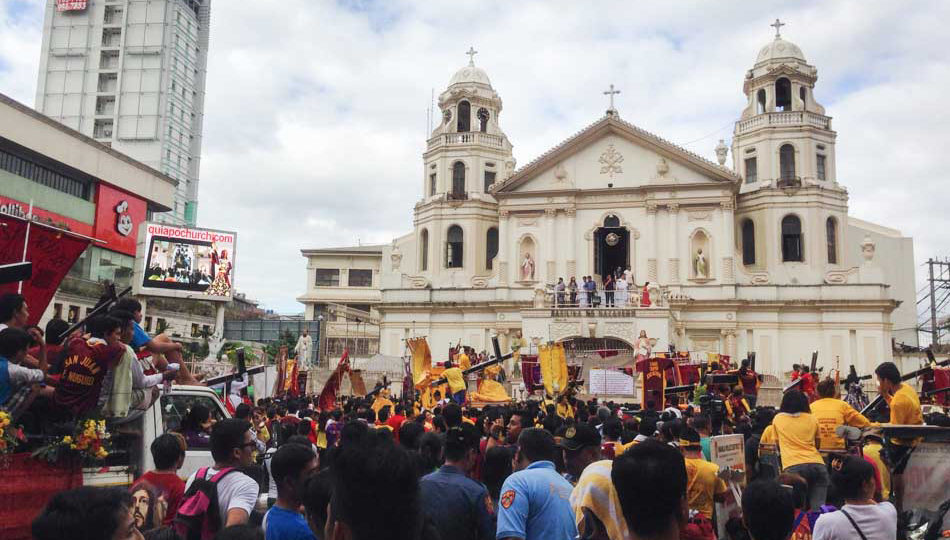A new global survey released by a United Kingdom-based health charity today found that an overwhelming number of Filipinos surveyed would choose to believe the teachings of their religion rather than science.
The Wellcome Global Monitor is a survey by the British charity Wellcome that aims to study how different nationalities think and feel about science and healthcare issues. The Philippines is one of the 140 countries covered by the survey, which had a total of 140,000 respondents from different parts of the globe.
The results from the Philippines were based on 1,000 face-to-face interviews which were completed in October 2018. According to the survey, 74 percent of Filipinos said they would choose to believe their religion if science teaches them something that contradicts their faith. The Philippines is a predominantly Catholic nation, with many still practicing the religion.
According to the survey, only 38 percent of Filipinos said that science disagrees with the teachings of their religion. Everyone surveyed said they practice a religion.
An overwhelming majority, 91 percent, said they would like to know more about medicines, diseases, and other health-related topics.
Although Filipinos are keen to know more about health and medicine, only 79 percent believed that vaccines are safe, which is the same as the global average.
The lack of public trust in vaccines became evident when the Philippines battled a measles epidemic in February. The Department of Health (DOH) said fewer children are getting vaccinated against measles and other diseases due to the controversy surrounding the anti-dengue vaccine Dengvaxia, which Public Attorney’s Office chief Persida Acosta blamed for the deaths of hundreds of children. However, DOH Secretary Francisco Duque III said there was no link between Dengvaxia and the deaths of the supposed victims.
Here are other key findings in the Philippines from the survey:
- An overwhelming number, 78 percent, said that they have reaped the benefits brought by science.
- 84 percent of Filipinos said they would like to become more knowledgeable about science.
- 50 percent believe that they have “some” knowledge about science, 28 percent said “not much,” 12 percent said “not at all,” and 8 percent said “a lot.”
- 85 percent have a lot of confidence in the service provided by hospitals and clinics in the Philippines. 14 percent said they have no confidence in them.
- 59 percent said they trust Filipino doctors and nurses “a lot,” 28 percent said they have “some” trust in them, and 11 percent said they have little trust in them.
- 70 percent said they trust a doctor or a nurse for medical advice, while 22 percent said they trust their family more.
- 46 percent said they believe in much of the health advice they receive from the Philippine government, 37 percent believe in some, while 14 percent believed in little.
What do you think of the survey results? Tell us by leaving a comment below or tweeting to @CoconutsManila.





jmdortega says
I doubt it. Obviously the survey cherry picked the more religious Filipinos to come up with that results. Many Filipinos are increasingly becoming less religious especially among the Millennials and even some Gen Xers like myself (I’m agnostic/secular humanist). According to a survey, less than half of Filipino Catholics attend mass every Sunday and among the religions, Catholics have the lowest rating in terms of devotedness.